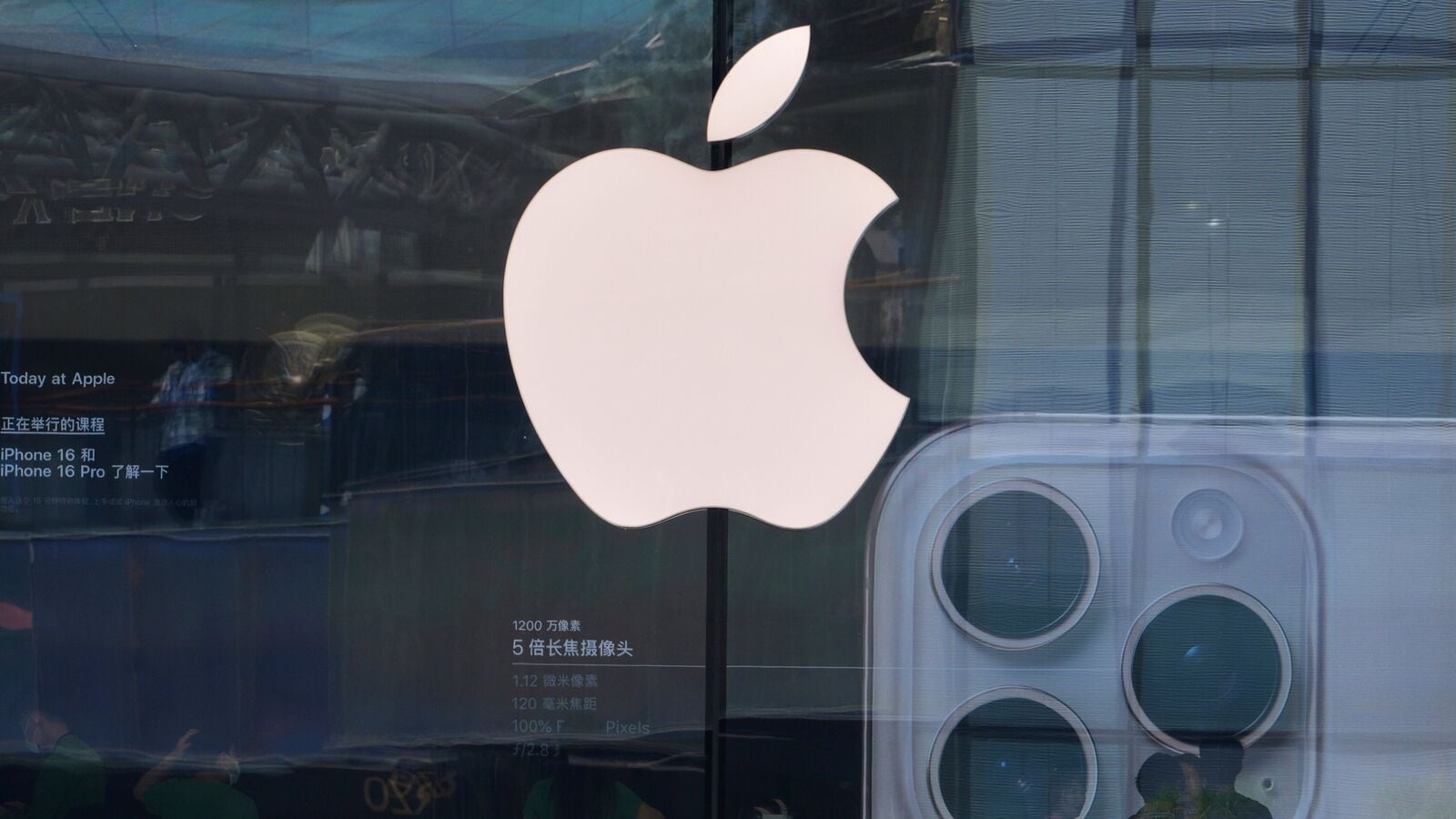Apple has been drawn into the growing legal battle over the use of copyrighted works in artificial intelligence training, after two authors filed a lawsuit in the United States accusing the technology giant of misusing their books.
Claims of pirated dataset use
The proposed class action, lodged on Friday in federal court in Northern California, alleges that Apple copied protected works without permission, acknowledgement or compensation. Authors Grady Hendrix and Jennifer Roberson claim their books were included in a dataset of pirated material that Apple allegedly used to train its “OpenELM” large language models.
The filing argues that Apple has failed to seek consent or provide remuneration, despite the commercial potential of its AI systems. Both the company and the authors’ legal representatives declined to comment when approached.
Part of a wider copyright battle?
The case adds to a mounting wave of litigation targeting technology firms over intellectual property in the AI age. Earlier this week, AI start-up Anthropic disclosed it had reached a $1.5 billion settlement with a group of authors who accused the company of using their books to develop its Claude chatbot without authorisation. The payout, which Anthropic agreed to without admitting liability, has been described by lawyers as the largest publicly reported copyright settlement to date.
Lawyers who represented the authors against Anthropic described the accord as unprecedented. “This settlement sends a powerful message to AI companies and creators alike that taking copyrighted works from pirate websites is wrong,” said Justin Nelson of Susman Godfrey.
The settlement is among the first to be reached in a wave of copyright lawsuits filed against AI firms, including Microsoft, OpenAI, Meta and Midjourney, over their use of proprietary online content. Some competitors have pre-emptively struck licensing deals with publishers to avoid litigation; Anthropic has not disclosed any such agreements.
(With inputs from Reuters)

